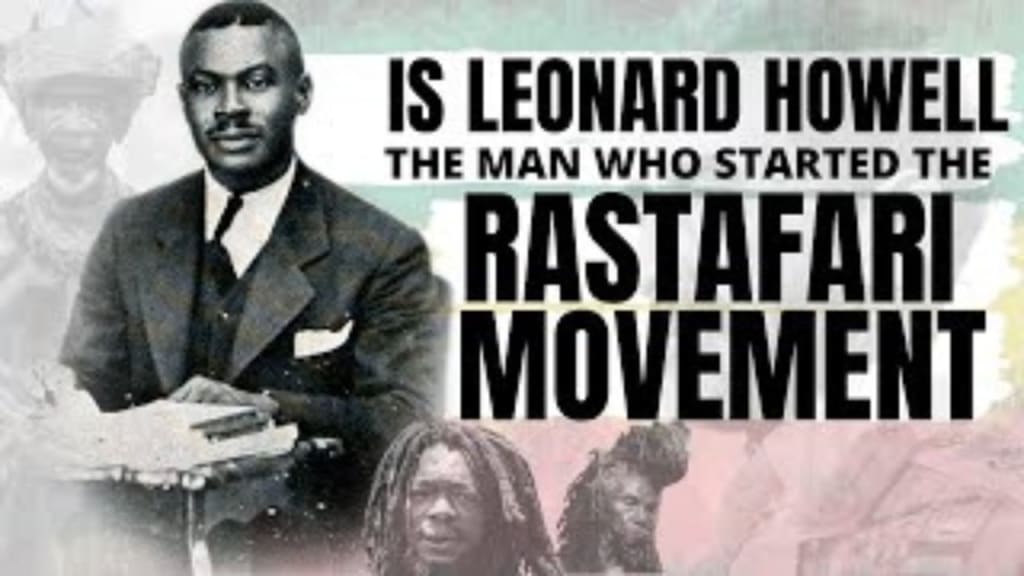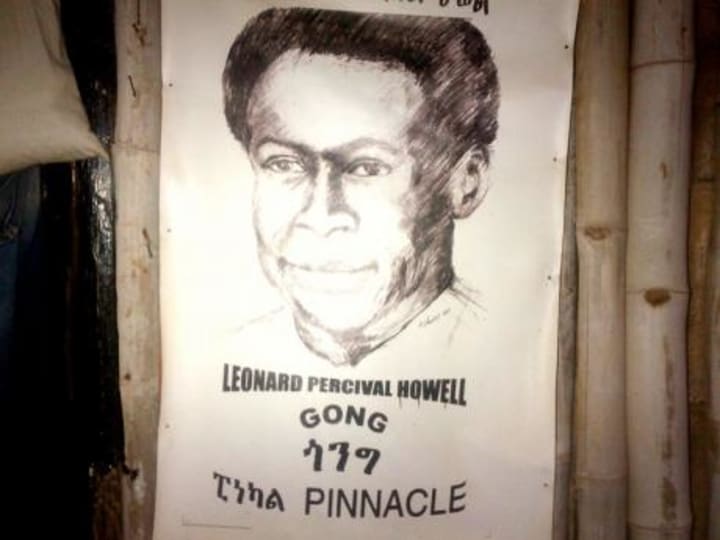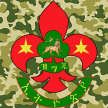
Leonard Percival Howell, also known as the first Rasta (Ras Tafari), was a Jamaican religious figure who founded the Ras Tafari movement in the 1930s. His teachings and beliefs have had a profound impact on Jamaican society and culture, as well as on music and politics, throughout the world. In this presentation, we will explore the life of Leonard Percival Howell and the formation of the Ras Tafari movement.

Leonard P. Howell was born in Jamaica in 1898, to a family of mixed African and European descent. He spent his early years in poverty and struggled to find his place in society. However, he was deeply interested in religion and spirituality from a young age, and he began to explore different faiths and belief systems.

As a young man, Howell traveled extensively throughout the Caribbean and Central America, studying various religions and spiritual practices. He eventually settled in New York City, where he became involved in Marcus Garvey's movement (UNIA - Universal Negro Improvement Association) and began to develop his own unique philosophy and worldview.

In the early 1930s, Howell returned to Jamaica with a vision of creating a new religious movement that would unite the Afro-Jamaican population and help them reclaim their African heritage. He was deeply inspired by the teachings of Marcus Garvey and believed that Jamaica could become a powerful force for social and political change.

During his time in Jamaica, Howell traveled extensively throughout the island, observing the conditions of the people and the land. He was struck by the poverty and oppression that he saw, as well as by the beauty and resilience of the Jamaican people. These experiences would shape his philosophy and inform his teachings for years to come.
Howell's teachings and beliefs eventually led to the formation of the Rastafarian movement, which emerged in Jamaica in the 1930s. The movement drew on a variety of spiritual and cultural traditions, including Christianity, African mysticism, and Jamaican folk culture.
At the heart of the Ras Tafari philosophy was the belief in the divinity of Haile Selassie I, the Emperor of Ethiopia. Howell and his followers (in many cases, were known as the "Howellites," saw Selassie as a messianic figure who would lead the African people to freedom and liberation. They also embraced a number of cultural practices, such as the use of marijuana as a sacrament and the wearing of locks as a symbol of their African identity.

The Ras Tafari movement had a profound impact on Jamaican society and worldwide pop culture, as well as on music and politics. It gave voice to the Afro-Jamaican population and helped to inspire a sense of pride and identity among them. It also influenced the development of reggae music, which became a powerful tool for social and political change.

Despite facing persecution and discrimination from the Jamaican government and society at large, the Ras Tafari movement continued to grow and flourish throughout the 20th century. Today, it remains an important cultural and spiritual force in Jamaica and beyond.
Leonard P. Howell was a visionary religious figure who founded the Ras Tafari movement and helped to inspire a sense of pride and identity among the Afro-Jamaican population. His teachings and beliefs have had a profound impact on Jamaican society and culture, as well as on music and politics. As we continue to reflect on his legacy, let us remember the power of faith, resilience, and hope in the face of adversity.
About the Creator
Yefdeyah
Proctor of RasTafariRenaissance.com; Ras Tafari: On the brink (podcast); and owner of Valiancy Publishing, LLC. A writer/blogger, history junkie, amateur linguist, researcher, and creative.






Comments
There are no comments for this story
Be the first to respond and start the conversation.